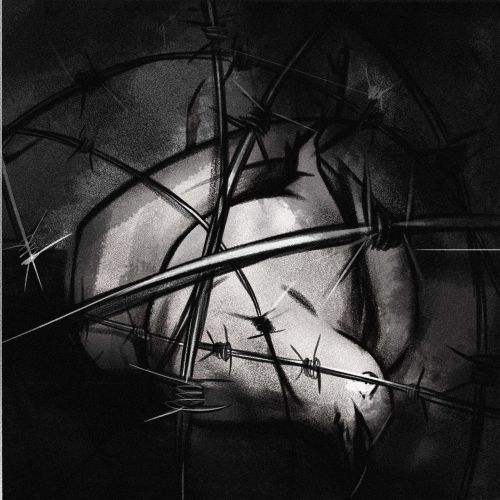Internet freedom ranking, AI, disinformation and elections
The Freedom House report documented the use of generative AI by governments and political entities in 16 countries worldwide “to sow doubt, smear opponents, or influence public debate.” Democracies and autocracies use AI to create content to manipulate public opinion to their advantage and automatically censor critical content online. In 2023, the Internet Freedom Index has fallen for the 13th consecutive year, partly due to the use of AI. A record 41 governments blocked websites containing political, social and religious speech. China has the strictest Internet censorship, and Iran recorded the most significant drop in the ranking.
Since 2016, Russia, China and Iran have been using social media to influence elections worldwide. Generative artificial intelligence and large language models (LLM) now pose an additional threat. They enable you to quickly and easily create unlimited amounts of materials on any topic, tone, and perspective.
European scientists will defend democratic principles in the fight against disinformation on the Internet. In 2024, the following events will occur: elections in India, Taiwan, the USA, and probably in the UK, as well as for the European Parliament. Social media will play a vital role during these election campaigns, and the Digital Services Act adopted in the EU in 2022 will help fight disinformation. Under it, online platforms with more than 45 million users will share relevant data with verified researchers independent of commercial interests.


























